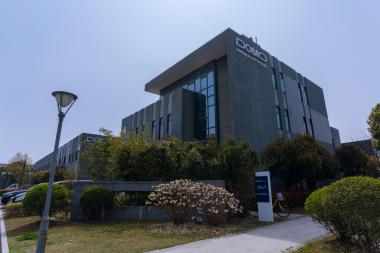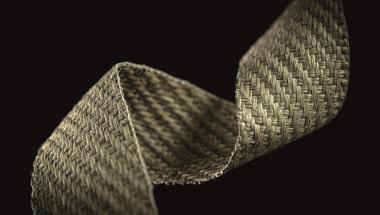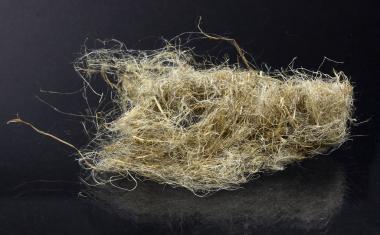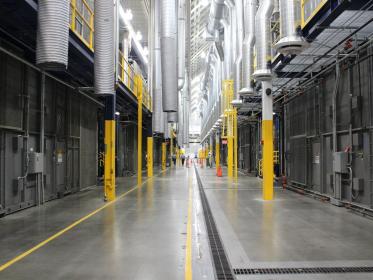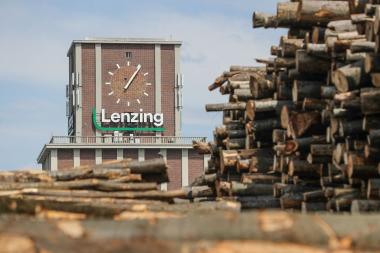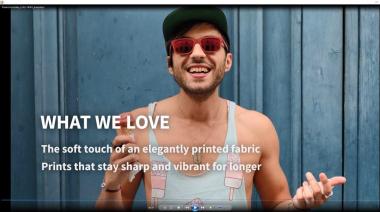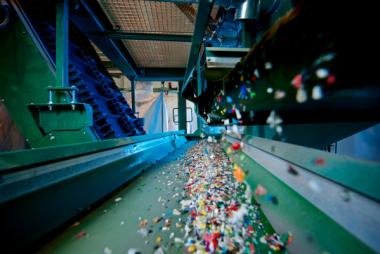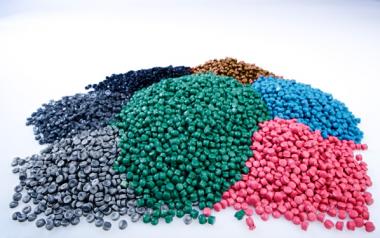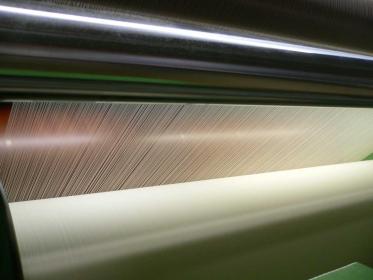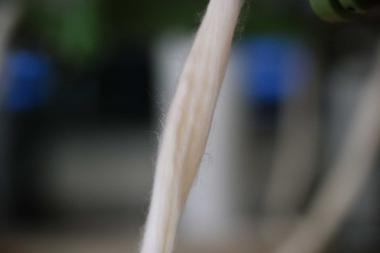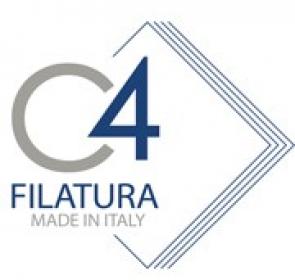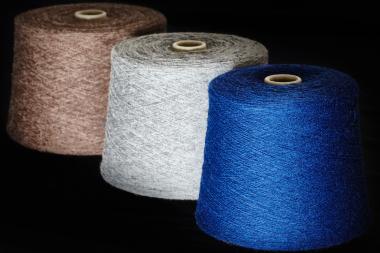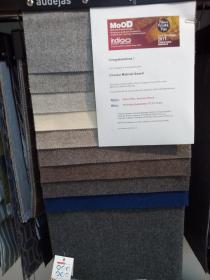Optimized acoustic performance thanks to sustainable technology with high recycled content
Autoneum’s sustainable, textile and lightweight Propylat technology reduces both interior and exterior noise of vehicles. Propylat was originally developed by Borgers Automotive, which was acquired by Autoneum in April 2023. The versatile technology is characterized by a flexible material composition of natural and synthetic fibers with a high recycled content and contributes to significant waste reduction thanks to its complete vertical integration. In addition, the fully recyclable technology variant Propylat PET is now part of the sustainability label Autoneum Pure.
The ongoing electrification of mobility as well as increasingly strict regulatory requirements for vehicle performance in terms of sustainability and acoustics are presenting new challenges to car manufacturers worldwide. With Propylat, Autoneum now offers another lightweight, fiber-based and versatile technology whose sound-insulating and -absorbing properties as well as high content of recycled materials help customers address these challenges. Propylat-based products not only contribute to reducing pass-by noise and improving driver comfort, but they are also up to 50 percent lighter than equivalent plastic alternatives; this results in a lower vehicle weight and, consequently, less fuel and energy consumption as well as lower CO2 emissions.
Autoneum's innovative Propylat technology consists of a mixture of recycled synthetic and natural fibers – the latter include cotton, jute, flax or hemp, for example – that are consolidated using thermoplastic binding fibers without adding any further chemical binders. Thanks to the flexible fiber composition and the variable density and thickness of the porous material, the properties of the respective Propylat variant, for example with regards to acoustic performance, can be tailored to individual customer requirements. This allows for a versatile application of the technology in a variety of interior and exterior components such as wheelhouse outer liners, trunk trim, underbody systems and carpets. For instance, Propylat-based wheelhouse outer liners significantly reduce rolling noise both inside and outside the vehicle while at the same time offering optimum protection against stone chipping and spray water.
In terms of sustainability, Propylat always contains a high proportion of recycled fibers – up to 100% in some variants – and can be manufactured with zero waste. Thanks to the full vertical integration of Propylat and Autoneum’s extensive expertise in recycling processes, the technology also contributes to a further significant reduction in production waste. Moreover, the Propylat PET technology variant, which consists of 100% PET, of which up to 70% are recycled fibers, is fully recyclable at the end of product life. For this reason, Propylat PET has been selected for Autoneum Pure – the Company’s sustainability label for technologies with excellent environmental performance throughout the product life cycle – where it will replace the current Mono-Liner technology going forward.
Propylat-based components are currently available in Europe, North America and China.
Autoneum Management AG









